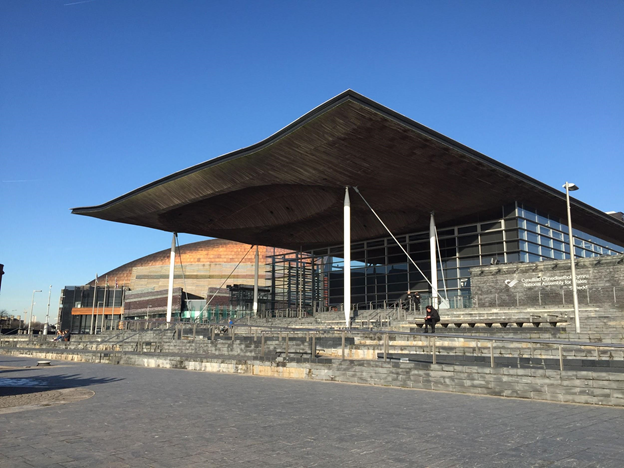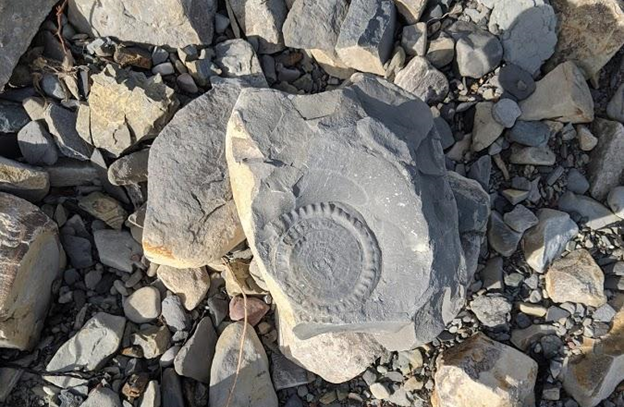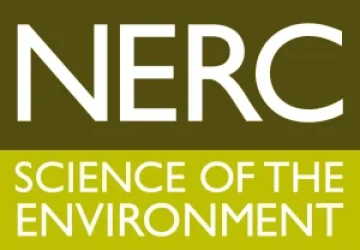By Emily Tilby, PhD student in the Department of Archaeology

One of the things that encouraged me to apply for a PhD with the ESS (now C-CLEAR) NERC DTP in Cambridge was the option to take part in various training and development opportunities throughout my PhD, one of these being the UKRI policy internships scheme. I attended the policy workshop run by CSaP as part of the CEEDA Symposium which demonstrated the opportunities for science and research in policy making as well as a “Meet the Interns” event run by the DTP. After these I decided to apply for the UKRI policy internships scheme and was lucky enough to be offered a three month internship in Senedd Research at the National Assembly for Wales (now the Welsh Parliament or Senedd Cymru).

The Welsh Parliament is the “democratically elected body that represents the interests of Wales and its people, makes laws for Wales, agrees Welsh taxes and holds the Welsh Government to account.” It is made up of 60 Members of the Senedd (MS) with local and regional members with the leader of the Welsh Government known as the First Minister. The Senedd is the devolved legislature for Wales and is able to make laws on matters that are not reserved to the UK Parliament. You can find out more about the Reserved Powers Model here, but some examples of areas covered by the UK Parliament are foreign affairs and defence, whilst the Senedd can legislate in areas such as health and social care, education and training and agriculture, forestry and fisheries. Working in a devolved legislature was fascinating and I learnt a lot from my colleagues in the research service about the sometimes complex interplay of Welsh, UK and EU law, and the tensions and benefits this results in.
On my first day another intern and myself were met by a member of the research team who took us through the building and gave us a quick tour. We were based in Ty Hywel, located alongside the very impressive Senedd Building in Cardiff Bay. Everyone I encountered in the research service was incredibly friendly and welcoming, and making the slightly daunting relocation to Cardiff for three months much easier. Cardiff itself is a lovely city, and fully relocating there for the length of my internship allowed me to explore the city and its museums as well as venturing out further along the coast to look for fossils.

I was placed within the Academic Engagement team but was also involved in helping out with extra work from some of the other policy teams. In the first few weeks I completed various induction events, including a tour of the Senedd and attending First Minister’s Questions which was really exciting and interesting. The Senedd is bilingual and so questions could be asked and answered in Welsh or English, with headsets available to provide live translation of either language those participating and watching. The Siambr, the Senedd’s debating chamber, is circular in design, with individual computing terminals for each Member. Members are able to vote electronically and can indicate that they wish to speak using the digital messaging service. This seems to result in a much quieter, discussion-like debate, very different from the sometimes raucous debates in Westminster.
I found the day to day work of the assembly very different to that in my PhD. Assisting with the academic engagement programmes involved a range of tasks, such as helping to organise the call for policy fellowships at the assembly to writing posts for InBrief, the research services’ blog, about how academics can get involved at the Senedd. In addition to this I assisted other policy teams with enquiries from Members and members of the public as well as research briefings on current issues that were likely to be of interest to Members. As a result you would be working on multiple tasks at any one time, and the pace of work varied greatly depending on how urgently information was required. I completed several blog posts, enquiries and briefings whilst I was there, which covered topics both within and outside of my subject area meaning that at times you had to very quickly get up to speed in new areas. Whilst this could be challenging it was also refreshing to spend time researching new areas outside of my PhD topic that I would normally be focusing all my attention on. Examples of work I completed include a blog post on how academics could get involved with the Senedd’s work and a research briefing on dog breeding and selling. One of the most exciting opportunities whilst I was there was the opportunity to learn Welsh. The Senedd is a fully bilingual parliament and so there is the opportunity for all staff members to attend Welsh lessons. I thoroughly enjoyed these lessons, and hope to continue working on my Welsh in the future.
Overall I found the whole experience highly rewarding and would fully recommend it to any UKRI PhD student thinking about a career in science policy or simply how they can share their research with stakeholders outside of academia. Everyone at the assembly was very friendly and welcoming and the experience of working and living away from Cambridge, outside of a university bubble was really eye-opening. I met and was working for a far wider range of people than I normally encounter, and was tasked with interpreting research done by other academics rather than being the one producing the research. This has given me a very different perspective on how research can and should be disseminated as well as how I personally can make my research as accessible and impactful as possible.


